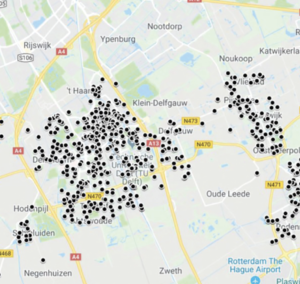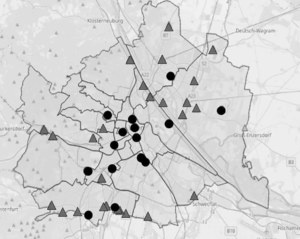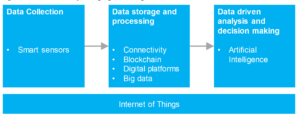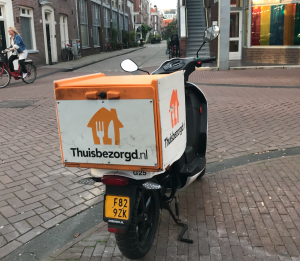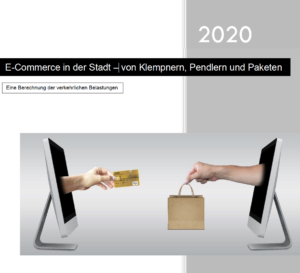City logistics: a blockchain decision framework for collaborative parcel deliveries

The growth in e‐commerce has led to increased pressure within the courier, express, and parcel (CEP) sector to tackle the ‘last‐mile’ issue and come up with solutions that not only satisfy the customers, but also other stakeholders such as city councils and other regulatory bodies. Scholars have highlighted micro‐hubs and the associated horizontal collaboration as …



